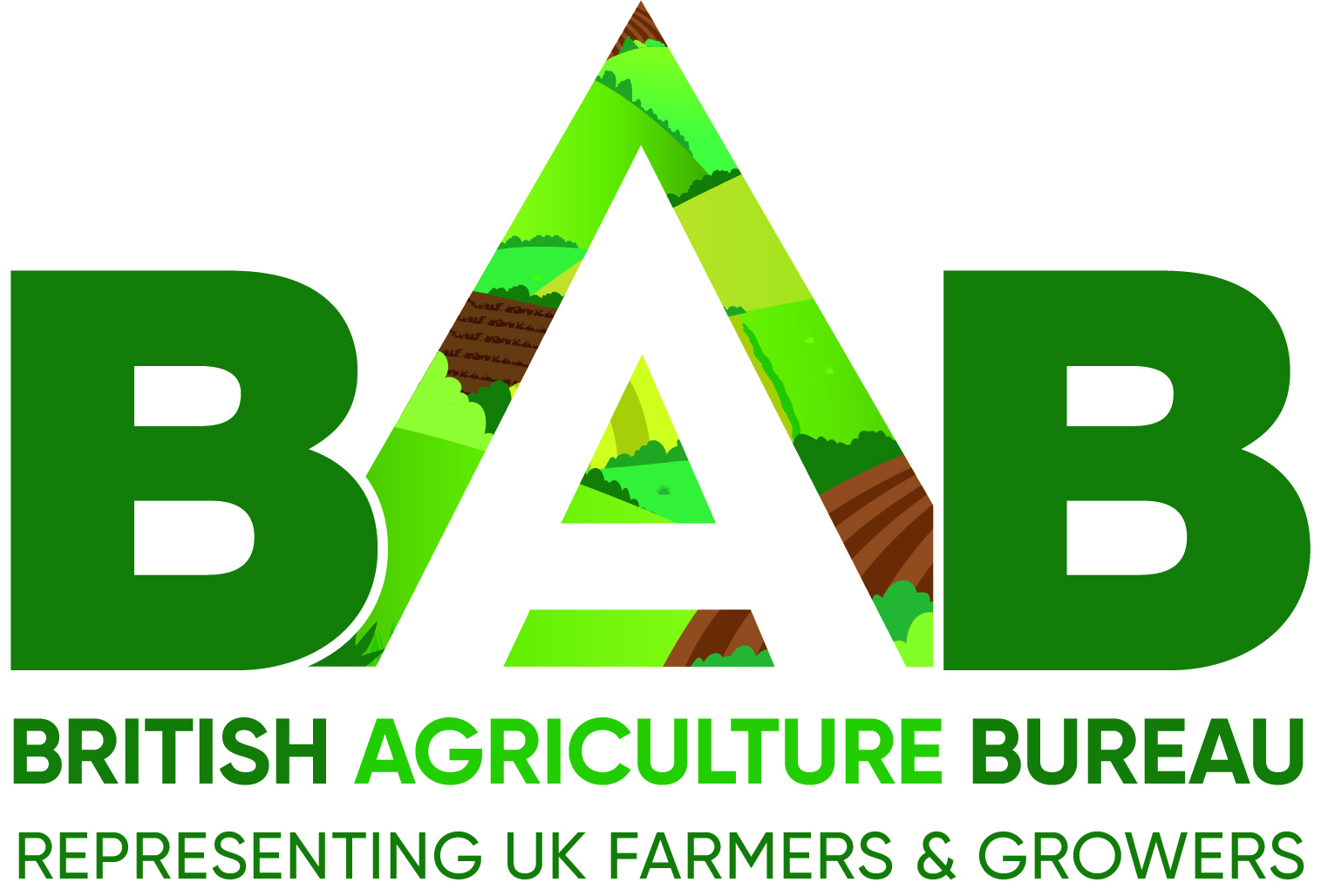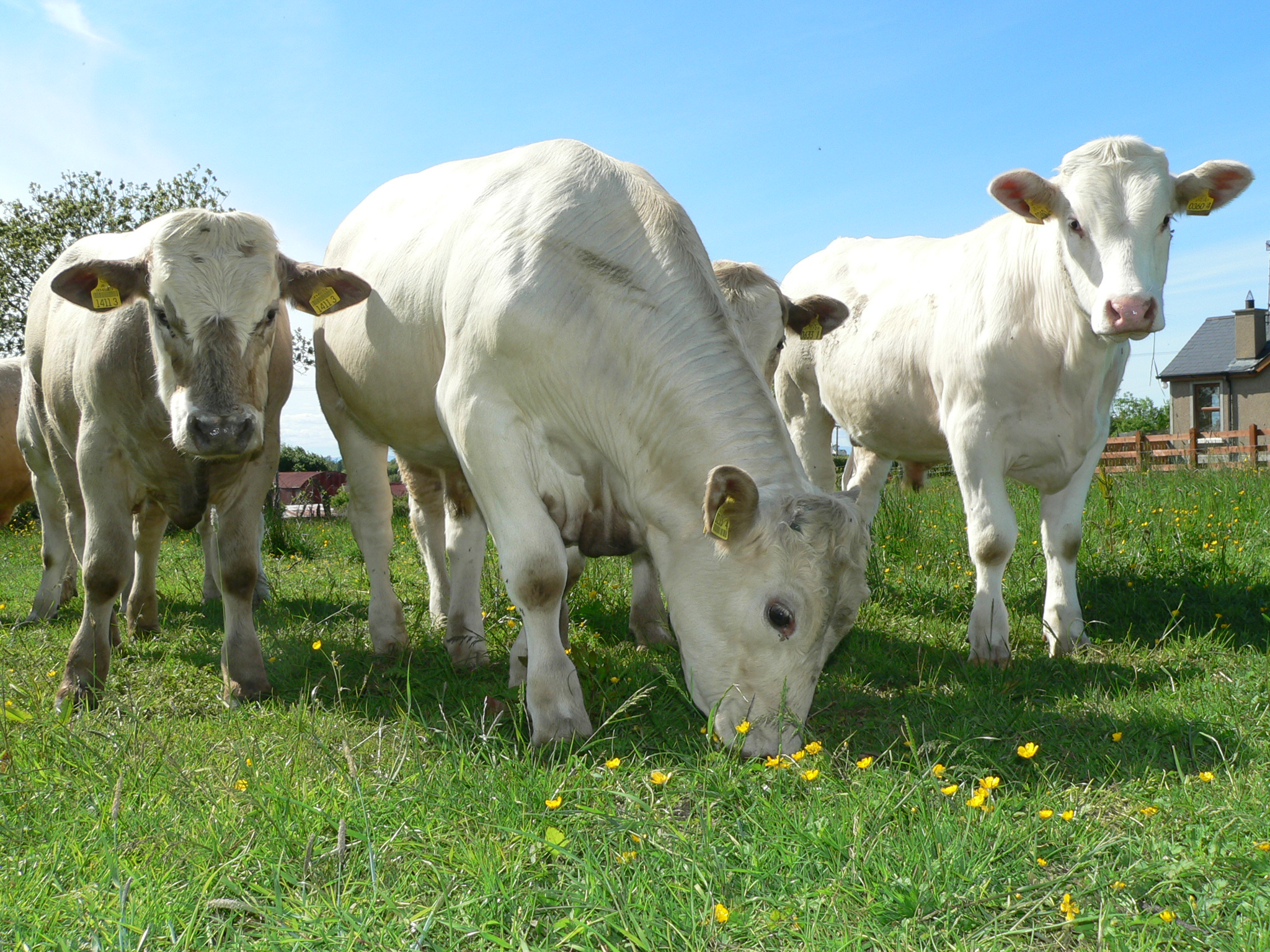
Brussels in brief, 19 December 2023
Ministers fail to find compromise on New Genomic Techniques (NGT)
Last week, EU agriculture ministers failed to reach agreement on the Commission’s NGT proposal. The main areas of disagreement were coexistence of NGTs with organic farming and patenting. The file was a priority for the outgoing Spanish Presidency who have been unable to conclude the file. It will now fall to Belgium who take the helm of the rotating Presidency of the Council of the European Union from 1 January 2024. Meanwhile, in the European Parliament, the COM ENVI rapporteur is negotiating with the political groups on compromise amendments, with a vote planned for 24 January 2024.
Animal welfare in transport: Commission publishes legislative proposals
The Commission published its long-awaited animal welfare in transport proposals. The Commission propose a maximum journey time of 9 hours to slaughter and maximum and minimum temperature provisions. For calves <5 weeks old and <50kg in weight, and piglets, lambs and kids <3 weeks only transport of <100km would be permitted. In addition, all journeys would have to be recorded in TRACES – including journeys to and from third countries.
European Parliament agree position on Breakfast Directives
Last week, MEPs voted in favour of their position on the revision of the so called “Breakfast Directives” I.e. the marketing standards for honey, juice, jams and jellies. For honey, MEPs support origin labelling and where the honey originates from more than one country, the origins must be listed in order of their proportion alongside a precise percentage. An EU reference lab to ensure the origin of honey is also proposed. For fruit in fruit juice, jams, marmalades and jellies, country of origin must be indicated in descending order according to their proportion. The same rules should apply to sugar. MEPs also consider that a new category of fruit juice should be set up where naturally occurring sugars have been removed by 30%. Negotiations with the Council will begin early in 2024.
Germany continues to seek ban on glyphosate
Cem Özdemir, Germany’s Minister of Agriculture (Green party), is continuing to push for a national ban on glyphosate, despite the EU renewing the authorisation for 10 years. Germany had planned to introduce a national ban on glyphosate on 1 January 2024, but this was postponed after a court confirmed that it couldn’t be upheld. Özdemir announced that the ban would be delayed for six months pending a review. In the meantime, existing restrictions, such as a ban on its use in water protection areas, will be extended.
UK signs agreement to rejoin EU’s Horizon science programme
The UK has now rejoined Horizon Europe with the EU-UK Specialised Committee on Participation in Union Programmes formally approving a new association agreement last week. The UK will contribute around €2.43 billion per year to the EU budget for its participation in the program, as well as roughly €154 million for membership of the Copernicus earth observation program. The UK will not have voting rights in the scheme under the agreement. The current Horizon programme runs until 2027.
EU’s agricultural labour productivity down by 7% in 2023
According to the EU first preliminary data for 2023, the index of agricultural labour productivity in the EU is estimated to have decreased by 6.6%. This is underpinned by a 7.9% decrease in factor productivity and a 1.4% decrease in the volume of agricultural labour (measured by annual work units). Agricultural labour productivity is measured as the index of the real income of factors in agriculture per work unit. 19 EU countries registered lower productivity than in 2022, whilst 7 registered an increase. Despite the downturn in 2023, productivity is 35% higher than in 2015, as total income in the industry has continued to increase while at the same time the labour inputs used have dropped by over 18%.
Germany proposing to cut diesel subsidy for agriculture
Due to budgetary issues, the German government has proposed to cut the diesel subsidy for agriculture and the exemption from the vehicle tax on farm machinery. These cost approximately €900 million a year. The proposal has been met with an angry reaction from farmers with a large demonstration taking place in Berlin on 18 December. Joachim Rukwied, President of DBV (German Farmers Association), has said “This project is a declaration of war on German agriculture and on us farming families… The German government obviously has no interest in a functioning and competitive agriculture in Germany.”
Council and Parliament reach provisional deal on Corporate Sustainability Due Diligence
The Council and the European Parliament reached a provisional deal on the corporate sustainability due diligence directive (CSDDD). This aims to enhance the protection of the environment and human rights in the EU and globally. The CSDDDD will set obligations for large companies with more than 500 employees and a net worldwide turnover of €150 million regarding actual and potential adverse impacts on human rights and the environment. This will apply to their own operations, those of their subsidiaries, and those carried out by their business partners. For non-EU companies, it will apply if they have a €300 million net turnover generated in the EU, 3 years from the entry into force of the directive. The Commission will have to publish a list of non-EU companies that fall under the scope of the Directive. Companies who violate the directive risk being penalised (e.g a minimum maximum of 5% of the company’s net turnover).




